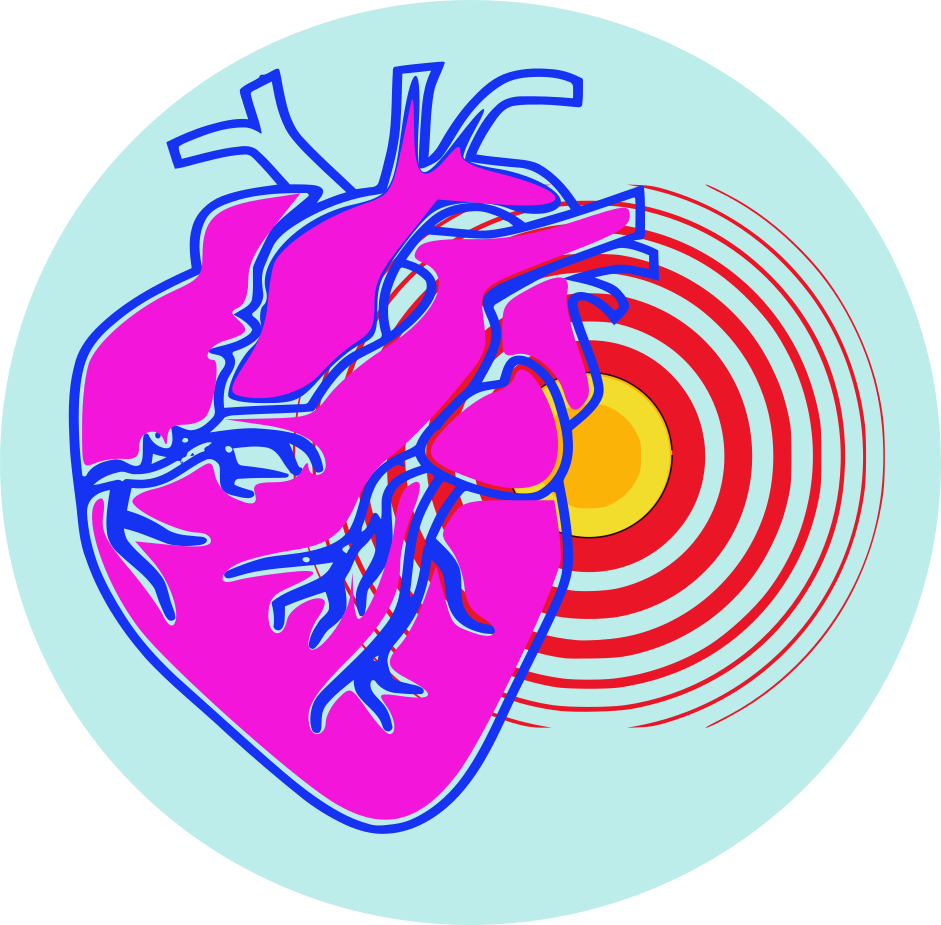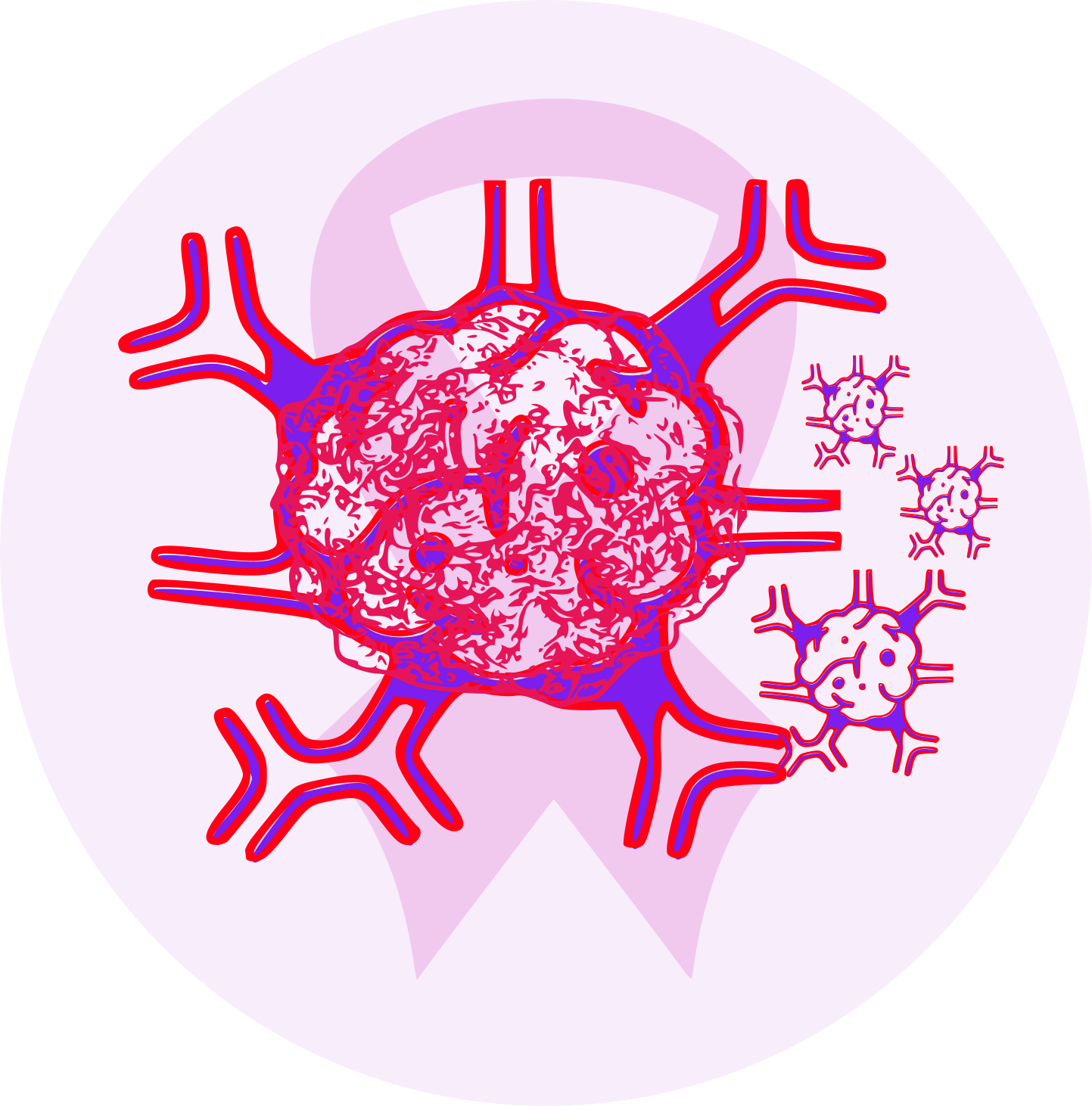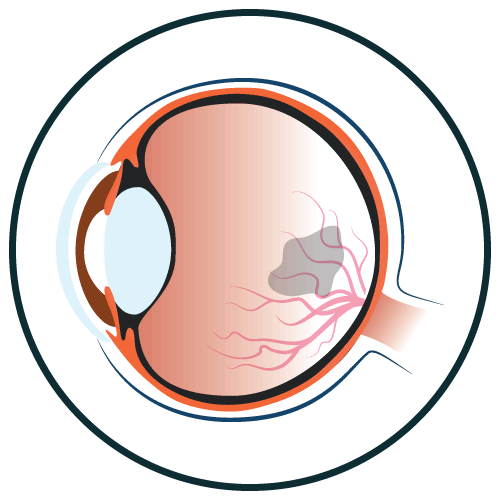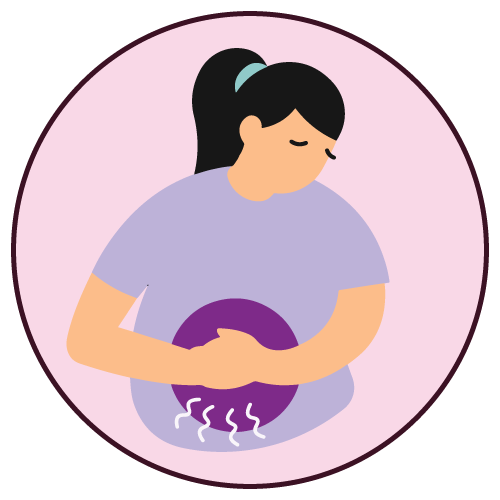| Name | Antioxidant |
| Classes |
Nutritional Supplement Dietary Suppleement |
| Diseases |
Antioxidant
Antioxidants are not a specific class of drugs but rather a group of compounds that work to neutralize harmful free radicals and protect cells from oxidative damage. They can include vitamins (such as vitamins C and E), minerals (such as selenium and zinc), and various plant compounds (such as flavonoids and carotenoids). The mechanism of action of antioxidants involves their ability to donate electrons or hydrogen atoms to free radicals, thereby stabilizing them and reducing their damaging effects.
Antioxidants are used as dietary supplements and are commonly recommended for various indications, including:
- General health and well-being: Antioxidants are believed to support overall health and help protect against oxidative stress.
- Prevention of chronic diseases: Antioxidants may play a role in reducing the risk of certain chronic conditions, such as cardiovascular disease, cancer, and age-related macular degeneration.
- Skin health: Some antioxidants are used topically in skincare products to help protect against sun damage and maintain skin health.
- The dosage and administration of antioxidants can vary depending on the specific compound and formulation being used. It is important to follow the instructions provided on the product packaging or consult a healthcare professional for guidance.
- Antioxidants are commonly available as dietary supplements in various forms, including capsules, tablets, powders, and liquids. They can also be obtained through a balanced diet rich in fruits, vegetables, whole grains, and other antioxidant-rich foods.
Adverse reactions to antioxidants are generally rare and occur at higher doses or with specific formulations. Some potential adverse reactions may include:
- Gastrointestinal disturbances: Some individuals may experience digestive symptoms such as nausea, abdominal discomfort, or diarrhea.
- Allergic reactions: In rare cases, individuals may develop allergic reactions to specific antioxidant compounds or excipients in the formulation.
- Interactions with medications: Certain antioxidants may interact with certain medications, such as blood thinners or chemotherapy drugs, potentially affecting their efficacy or safety.
- It is important to note that while antioxidants have been studied for their potential health benefits, the evidence for their efficacy in preventing or treating specific diseases is mixed, and more research is needed.
- High doses of certain antioxidants, particularly when taken as supplements, may have adverse effects or interact with medications. It is recommended to consult a healthcare professional before starting antioxidant supplementation, especially if you have any underlying health conditions or are taking other medications.
- Antioxidant supplements are not a substitute for a healthy diet. It is important to obtain antioxidants through a balanced diet that includes a variety of fruits, vegetables, whole grains, and other nutrient-rich foods.
- Pregnant or breastfeeding women should exercise caution and consult a healthcare professional before taking antioxidant supplements.
Contraindication
- Antioxidants are generally considered safe for most individuals when consumed in appropriate amounts through diet. However, specific contraindications may apply to certain antioxidant compounds or formulations.
- Individuals with known allergies or hypersensitivity to specific antioxidants or their components should avoid their use.
- Some antioxidants may interact with certain medications or medical conditions. It is important to consult a healthcare professional before starting antioxidant supplementation if you have any underlying health conditions or are taking other medications.
None known.
None known.
 Bangla
Bangla English
English




